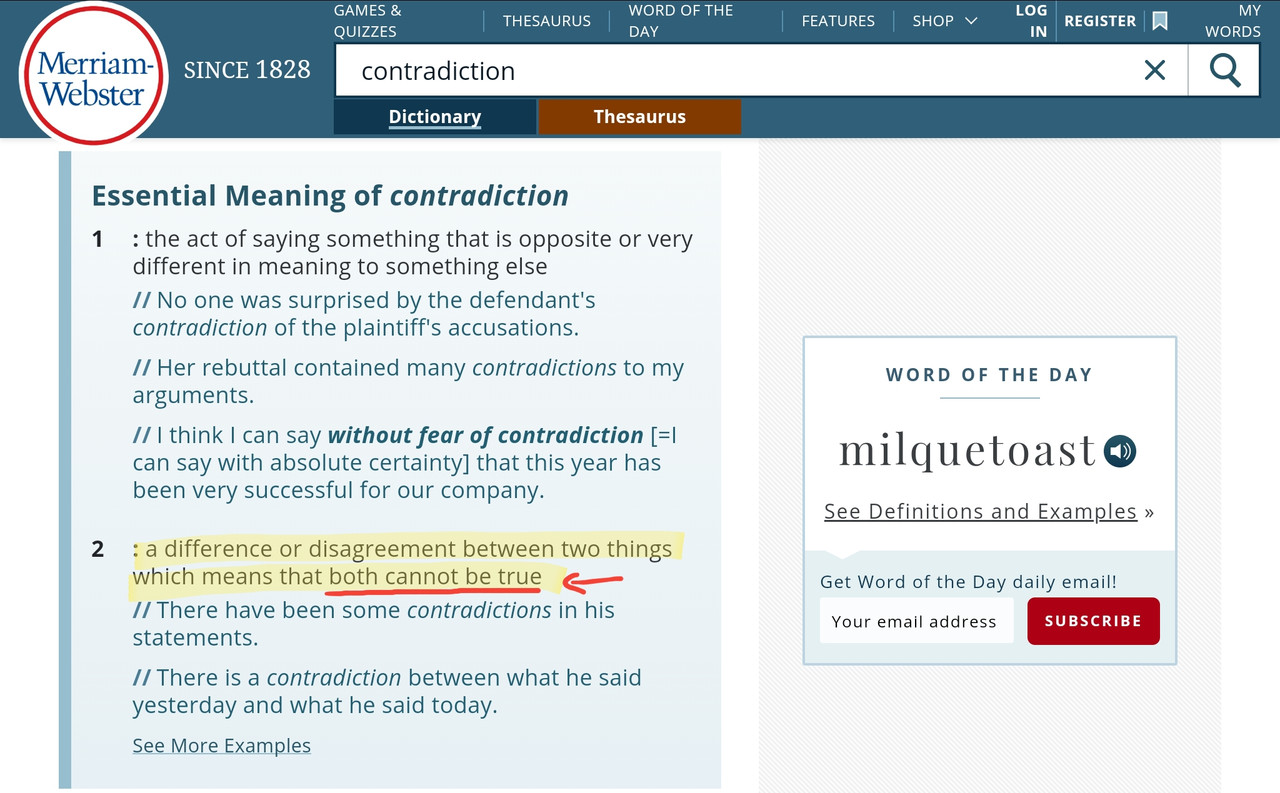otseng wrote: ↑Wed Dec 22, 2021 5:32 pm
TRANSPONDER wrote: ↑Wed Dec 22, 2021 3:18 am
It seems to come down to this old debate about that validity of 'negative evidence'. Not to say (with otsseng's point) putting the burden of proof onto the doubter to prove that a thing did not happen, rather than the believer demonstrating that it did.
The burden of providing evidence is on those who makes the claim.
I've claimed the NT authors testify to the resurrection of Jesus. Here are some written accounts to support the claim:
Matt 28:5-7 (KJV)
5 And the angel answered and said unto the women, Fear not ye: for I know that ye seek Jesus, which was crucified.
6 He is not here: for he is risen, as he said. Come, see the place where the Lord lay.
7 And go quickly, and tell his disciples that he is risen from the dead; and, behold, he goeth before you into Galilee; there shall ye see him: lo, I have told you.
Mark 16:6 (KJV)
6 And he saith unto them, Be not affrighted: Ye seek Jesus of Nazareth, which was crucified: he is risen; he is not here: behold the place where they laid him.
Luke 24:6-7 (KJV)
6 He is not here, but is risen: remember how he spake unto you when he was yet in Galilee,
7 saying, the Son of man must be delivered into the hands of sinful men, and be crucified, and the third day rise again.
John 20:8-9 (KJV)
8 Then went in also that other disciple, which came first to the sepulcher, and he saw, and believed.
9 For as yet they knew not the Scripture, that he must rise again from the dead.
Acts 26:22-23 (KJV)
22 Having therefore obtained help of God, I continue unto this day, witnessing both to small and great, saying none other things than those which the prophets and Moses did say should come:
23 That Christ should suffer, [and] that he should be the first that should rise from the dead, and should show light unto the people, and to the Gentiles.
Rom 6:4-9 (KJV)
4 Therefore we are buried with him by baptism into death: that like as Christ was raised up from the dead by the glory of the Father, even so we also should walk in newness of life.
5 For if we have been planted together in the likeness of his death, we shall be also [in the likeness] of [his] resurrection:
6 Knowing this, that our old man is crucified with [him,] that the body of sin might be destroyed, that henceforth we should not serve sin.
7 For he that is dead is freed from sin.
8 Now if we be dead with Christ, we believe that we shall also live with him:
9 Knowing that Christ being raised from the dead dieth no more; death hath no more dominion over him.
1Cor 15:3-4 (KJV)
3 For I delivered unto you first of all that which I also received, how that Christ died for our sins according to the Scriptures;
4 And that he was buried, and that he rose again the third day according to the Scriptures:
Phil 3:10 (KJV)
10 That I may know him, and the power of his resurrection, and the fellowship of his sufferings, being made conformable unto his death;
Heb 13:20 (KJV)
20 Now the God of peace, that brought again from the dead our Lord Jesus, that great shepherd of the sheep, through the blood of the everlasting covenant,
1Pet 1:3 (KJV)
3 Blessed [be] the God and Father of our Lord Jesus Christ, which according to his abundant mercy hath begotten us again unto a lively hope by the resurrection of Jesus Christ from the dead,
The argument I press about the resurrection accounts is that the prima facie case for it being a reliable record as eyewitness testimony is undermined because the accounts contradict pretty much totally.
The details can differ, but the main point - the resurrection of Jesus - is not undermined.
I contrast this with the crucifixion which agrees on the basics, even though there are contradictory element which can be regarded as additions by the writers, or editors, rather.
I think we're going full circle back to inerrancy. If inerrancy is not a prerequisite for the authority of scripture, then it is the basics that is important and authors can either intentionally or unintentionally differ in the minor details.
So, using this approach, what can seriously challenge the resurrection of Jesus are claims he did
not rise from the dead. There are actually claims found in the Bible that Jesus did not rise from the dead, but I'll let others present those.




